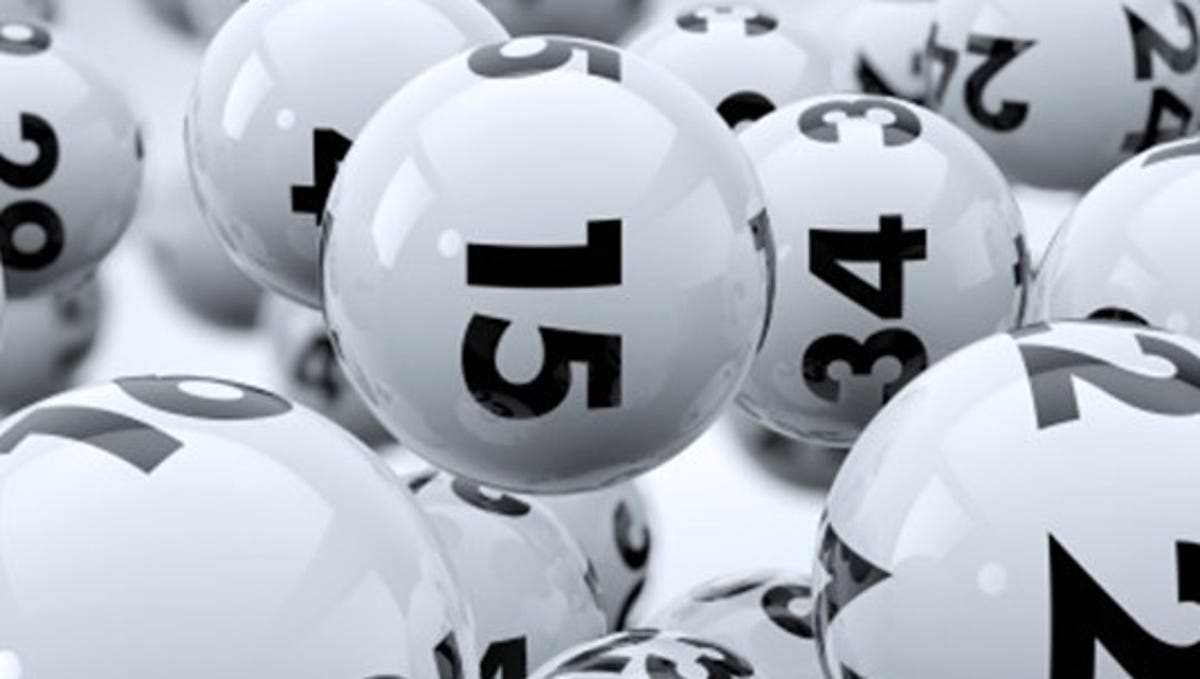In the landscape of modern culture, few phenomena captivate the imagination and stir collective dreams like the lottery. It’s a ubiquitous presence, with its colorful tickets promising the chance of overnight wealth, transforming ordinary individuals into potential millionaires. But beyond the lure of monetary windfalls, the Bandar Togel represents a fascinating intersection of psychology, economics, and societal values.
The Allure of the Jackpot
Lotteries are not a recent invention. Their origins trace back centuries, with variations found in ancient civilizations like the Han Dynasty in China and the Roman Empire. However, it’s the modern lottery, characterized by its massive jackpots and widespread accessibility, that has truly embedded itself into the cultural fabric.
At its core, the appeal of the lottery lies in its promise of transformation. For the price of a ticket, anyone can entertain the possibility of escaping financial struggles, realizing long-held dreams, or simply experiencing the thrill of sudden fortune. It’s this tantalizing prospect that draws millions to participate, despite the overwhelming odds stacked against them.
The Psychology of Hope
Lotteries thrive on hope, tapping into a fundamental aspect of human psychology: the belief in favorable outcomes against all rational odds. Psychologically, the act of purchasing a ticket represents an investment not just in a chance at wealth, but in the fantasy of a better life. Studies have shown that even those aware of the slim chances of winning often participate, buoyed by the mere possibility of success.
Moreover, lotteries provide a form of mental escape from everyday worries. In a world filled with uncertainty, economic instability, and personal challenges, the lottery offers a brief respite—a fleeting moment where dreams take precedence over reality.
Economic Realities and Social Impact
While the lottery symbolizes hope and opportunity for many, its societal impact is complex. Critics argue that lotteries disproportionately target low-income individuals, effectively acting as a regressive tax. The allure of the jackpot can be particularly seductive for those struggling financially, leading to excessive spending on tickets that could otherwise be allocated to more pressing needs.
Additionally, the lottery perpetuates the myth of the “rags-to-riches” narrative, reinforcing the idea that wealth is attainable through luck rather than hard work or merit. This can have broader implications for societal attitudes towards wealth distribution and social mobility.
Beyond the Jackpot: Funding Public Goods
Despite its criticisms, lotteries play a significant role in funding public goods and services. In many countries, proceeds from lottery sales contribute to education, healthcare, infrastructure, and other essential programs. This symbiotic relationship between the lottery and public funding underscores its dual nature: a source of individual aspiration and societal benefit.
Conclusion: The Lottery as Cultural Phenomenon
In the grand tapestry of human culture, the lottery occupies a unique and enduring place. It embodies the universal desire for hope, the allure of instant wealth, and the complex interplay between individual aspirations and societal realities.


